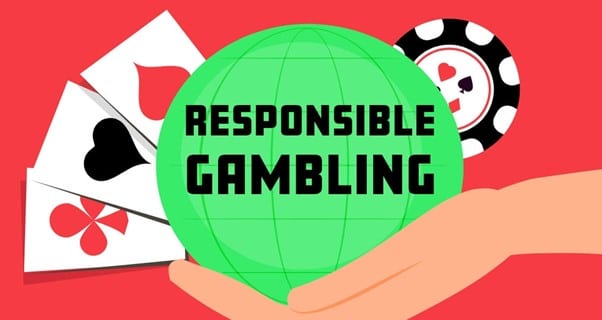Responsible gambling is a critical aspect of the gaming industry, emphasizing the need for players to maintain control over their gambling habits while enjoying the entertainment it offers. This article explores various facets of responsible gambling, including its importance, key principles, and practical tips for players to gamble responsibly.
Understanding Responsible Gambling
Go77 Responsible gambling refers to the practice of gambling in a controlled manner, ensuring that it remains a form of entertainment rather than leading to adverse consequences. It involves awareness, moderation, and self-control to prevent excessive gambling behaviors that could result in financial, social, or emotional harm.
Importance of Responsible Gambling
Responsible gambling plays a crucial role in promoting a safe and enjoyable gaming environment for all participants. By encouraging responsible behaviors among players, it helps mitigate the negative impacts associated with problem gambling, such as debt, addiction, and strained relationships.
Key Principles of Responsible Gambling
1. Self-awareness
Self-awareness is essential for responsible gambling. Players should understand their motivations for gambling, recognize early signs of problematic behavior, and be honest with themselves about their limits and boundaries.
2. Setting Limits
Setting limits on time and money spent on gambling is a fundamental principle of responsible gambling. Players should establish predefined budgets and stick to them, avoiding the temptation to chase losses or exceed their financial means.
3. Avoiding Chasing Losses
Chasing losses, or attempting to recoup previous gambling losses by increasing bets, is a common pitfall that can lead to further financial hardship. Responsible gamblers accept losses as part of the gaming experience and avoid the urge to pursue unsustainable wagering strategies.
4. Balancing Gambling with Other Activities
Responsible gambling involves maintaining a balanced lifestyle by engaging in diverse activities beyond gambling. This helps prevent excessive preoccupation with gambling and encourages a more holistic approach to leisure and entertainment.
Practical Tips for Responsible Gambling
1. Set a Budget
Before engaging in any form of gambling, set a realistic budget that accounts for discretionary income and other financial obligations. Stick to this budget regardless of wins or losses.
2. Take Breaks
Take regular breaks during gambling sessions to reassess your gameplay and avoid becoming too immersed in the activity. Use breaks to engage in other hobbies or spend time with friends and family.
3. Avoid Gambling While Under the Influence
Avoid gambling while under the influence of alcohol or drugs, as impaired judgment can lead to reckless decision-making and increased risk-taking behavior.
4. Seek Support
If you’re struggling to control your gambling habits or experiencing distress due to gambling-related issues, don’t hesitate to seek support from trusted friends, family members, or professional counselors. Many organizations offer confidential helplines and resources for individuals seeking assistance with problem gambling.
Conclusion
In conclusion, responsible gambling is a fundamental principle that promotes the well-being of players and maintains the integrity of the gaming industry. By fostering awareness, self-control, and moderation, individuals can enjoy gambling as a form of entertainment while minimizing the risk of harm. Remember to gamble responsibly, set limits, and seek help if needed to ensure a safe and enjoyable gaming experience for all.























